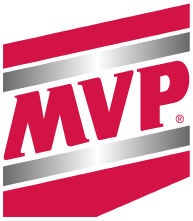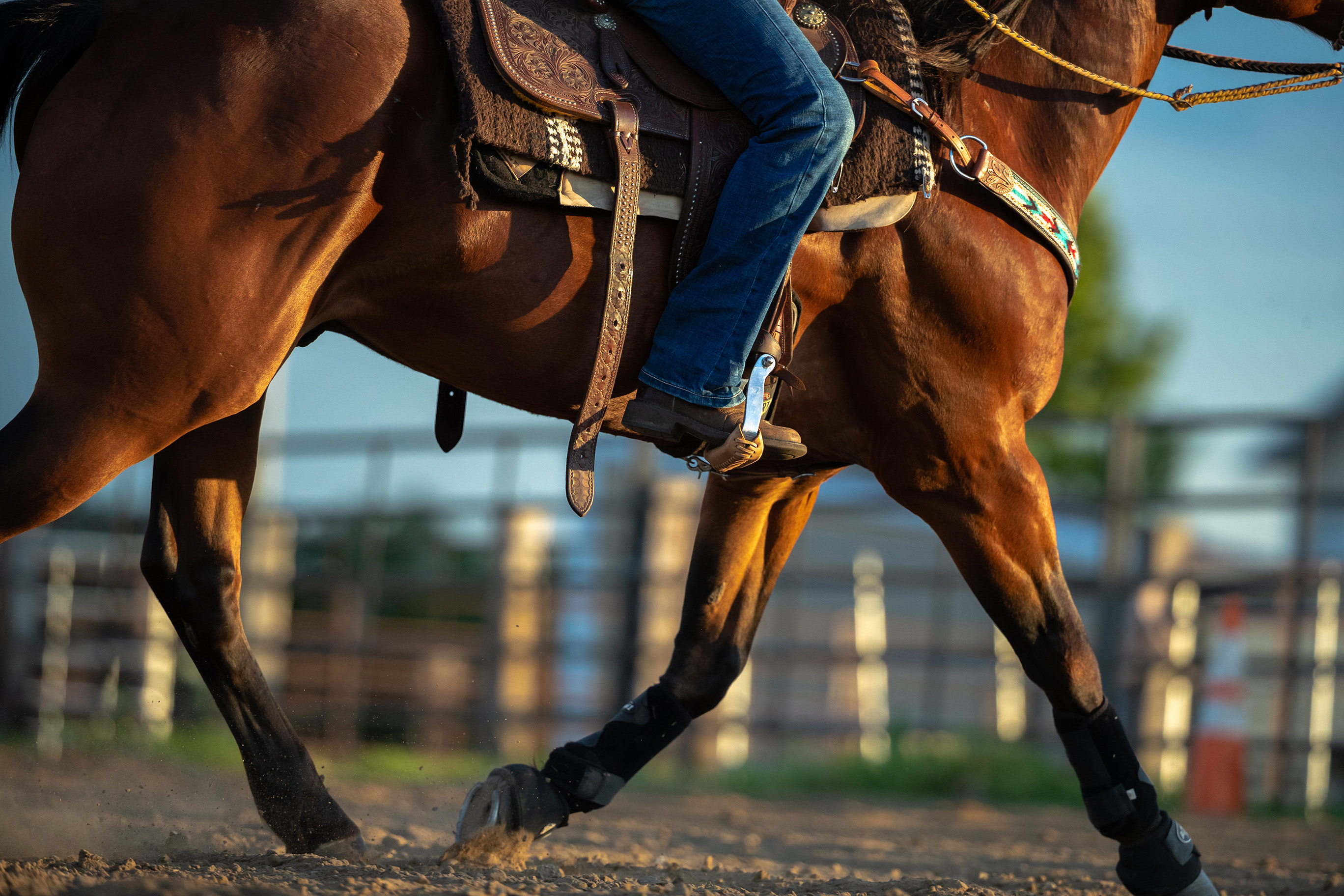Just like in humans, a horse's skeletal system is essential for their overall health, impacting movement, performance, and quality of life. Understanding when and why bone support might be necessary can help ensure your horse’s longevity and soundness for years to come.
Why Bone Health Matters
Healthy bones are essential for a horse’s overall well-being. They provide structural support, protect vital organs, and facilitate movement. A horse's skeleton consists of over 200 bones, each serving a specific function. It provides structural support, protects vital organs, and facilitates movement by serving as a framework for muscles and tendons. Bones are dynamic structures that are continuously adapting and remodeling in response to physical activity and other factors.
Bone Modeling and Remodeling
A horse’s bones are constantly undergoing changes through two main processes: bone modeling and bone remodeling. These processes are crucial for maintaining healthy bones and adapting to various physical demands.
During growth and development, a horse’s bones undergo substantial growth through the process of bone modeling. Bone modeling is the process where their long bones increase in length and thickness. This occurs at the growth plates, where cartilage gradually turns into bone, allowing the bones to grow and mature. Bone modeling also shapes the bones to better handle physical stress, and it is most active during growth periods.
Throughout adulthood, the skeleton is constantly renewing through a process called bone remodeling. During remodeling, bone cells called osteoclasts remove old or microdamaged bone and osteoblasts lay down new bone to sustain a balance. Bone is a vital living tissue that’s constantly undergoing remodeling to maintain its health and strength. In adults, bone remodeling mainly focuses on maintaining bone strength, repairing micro-damages, and adapting to changes in physical activity or stress. While the intensity of remodeling decreases with age, it remains crucial for sustaining overall skeletal health and addressing wear and tear on the bones.
Horses that may benefit from Bone Support
Young Growing Horses: Foals and yearlings are in critical stages of growth where rapid skeletal development occurs. Ensuring they receive adequate bone support helps address developmental orthopedic concerns and promotes strong, healthy bone growth.
Bone and Soft Tissue Health: Horses involved in rigorous activities or high-impact sports often experience stress on their bones and soft tissues. Providing targeted bone support can help maintain bone density and aid in the overall health of both bones and surrounding soft tissues.
Bone Development Concerns: Horses undergoing growth spurts, such as foals and yearlings, are particularly vulnerable to bone issues. Rapid growth can sometimes outpace the development of bone strength, leading to developmental orthopedic disorders (DOD) like angular limb deformities or OCD (osteochondritis dissecans). Proper nutrition and supplementation can help manage these conditions and support optimal bone development.
Horses Recovering from Bone or Soft Tissue Injury: Horses that have sustained bone or soft tissue injuries often require additional bone support during recovery. Adequate nutrition and supplements can aid in the healing process, support bone repair, and reduce the risk of future complications.
How to Support Your Horse’s Bone Health
Balanced Diet: Ensure your horse’s diet is well-balanced with high-quality forage and includes essential nutrients for bone health. Focus on:
- Calcium and Phosphorus: Maintain an optimal calcium-to-phosphorus ratio (ideally 2:1) to support bone mineralization. Calcium is essential for bone formation and mineralization and phosphorus works in conjunction to build and maintain strong bones.
- Vitamin K2: Supports bone health by aiding in the regulation of calcium in the bone matrix and prevents abnormal calcification of tissues. Vitamin K2, as MK-7 specifically, is the most bioavailable form to support sustained calcium uptake from bloodstream into the bones.
- Protein: Healthy bone marrow is full of collagen. Protein provides the amino acids needed to produce type 1 collagen, a crucial component that makes up 90% of the bone matrix. Type 1 collagen forms the structural framework of bones, supporting their strength and density. Adequate protein intake supports collagen production, bone repair, and overall bone health.
- Vitamin D: Helps absorption of calcium by moving calcium into blood stream and also helps regulate levels of both calcium and phosphorus in the blood.
Exercise: Regular exercise is critical for bone health. It stimulates bone remodeling and helps maintain bone density. Provide opportunities for turnout and varied physical activities to keep your horse’s bones strong.
Veterinary Care: Regular check-ups can help identify any early signs of bone issues. Your veterinarian can provide tailored advice based on your horse’s age, activity level, and health status.
Monitoring: Keep an eye on your horse’s weight, movement, and overall condition. Any changes or signs of discomfort should be addressed promptly to prevent more serious issues.
Bone health is a crucial aspect of your horse’s overall well-being, affecting everything from performance to longevity. By providing a balanced diet, ensuring regular exercise, and staying vigilant about any signs of bone-related issues, you can help your horse maintain strong, healthy bones throughout their life. If you’re unsure about your horse’s bone health or need personalized advice, don’t hesitate to consult one of our trained staff or your veterinarian for guidance.


